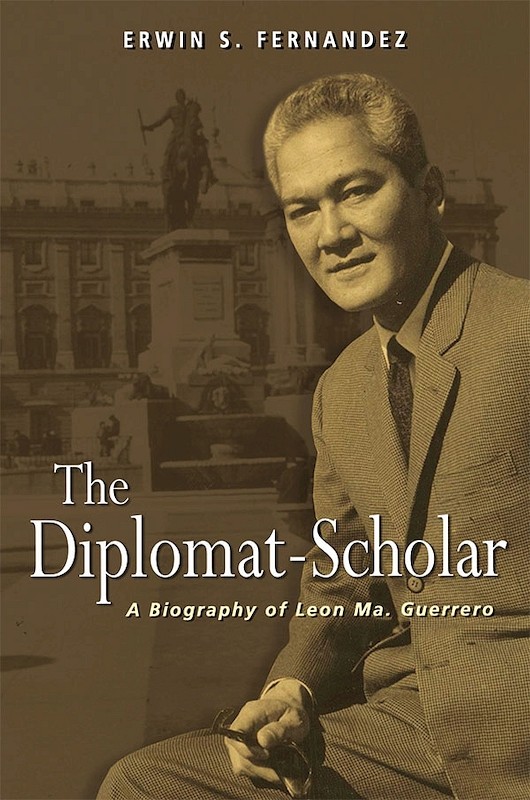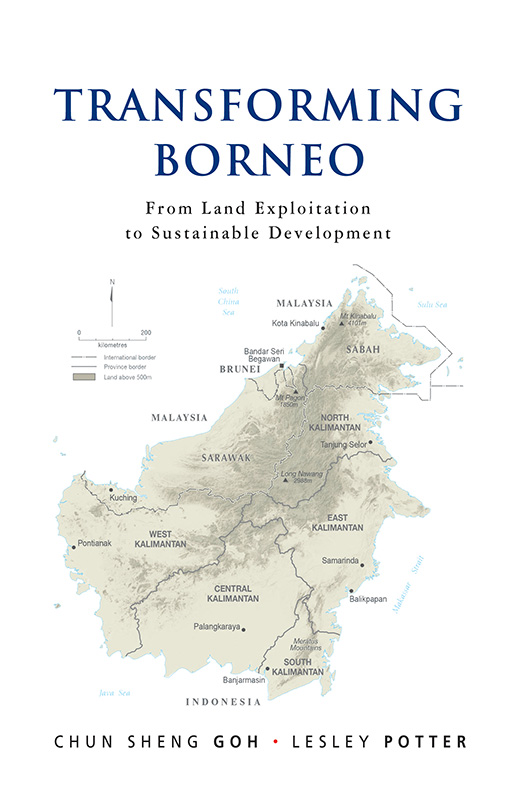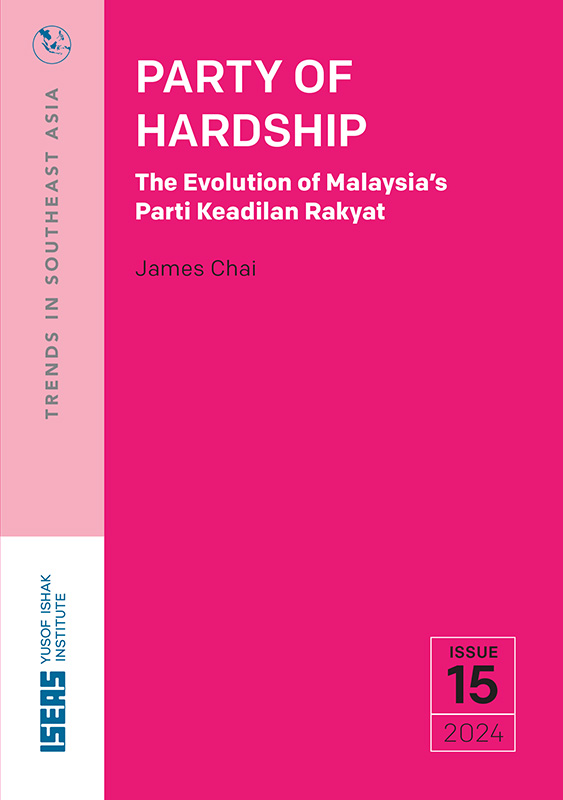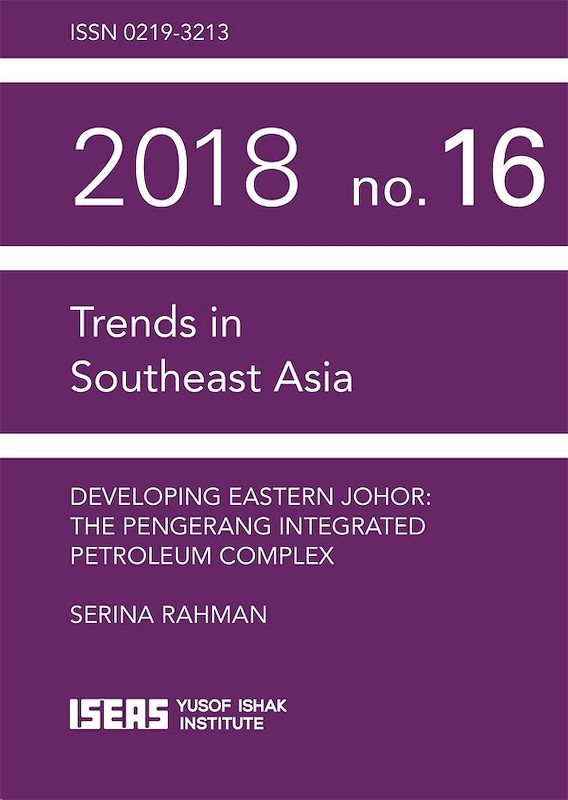The Criteria for Those Who Reach the Top: To Lead with Mind and Heart
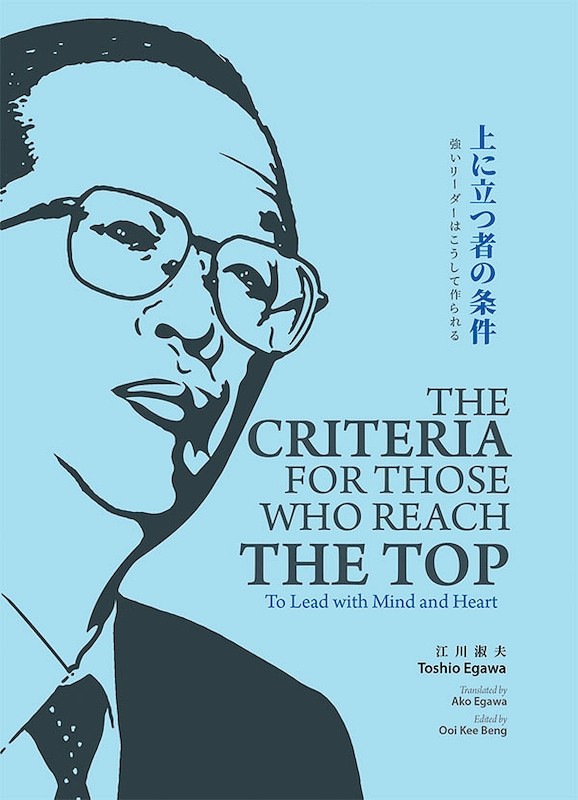
Reviews
George Yeo, Chairman and Executive Director of Kerry Logistics Network, April 2018.
Toshio Egawa is a mentor to me. He is 19 years my senior. I must have met him about 20 times since our first encounter at a meeting of the Asian Australian Institute in the early 90’s when he struck me as a forthright gentleman. We write to each other regularly. When his book ‘The criteria for those who reach the top - to lead with mind and heart’ was published in Japanese in 2001, he was 2 years older than me today. Although I read the first three chapter in translation many years ago, it is only now that I have read all seven chapters after they were published in English by ISEAS early this year. His daughter, Ako, did the translation.
I find Egawa a kindred spirit, but more developed. I now understand better why every encounter with him left in me an impression. His insights on leadership are profound. From a Samurai family, he mastered judo, karate and flower arrangement at a young age. The philosophy of zenis an inseparable part of his being. He expresses himself in a direct, down-to-earth way.
The book is full of wisdom and practical advice. There is no page, almost no paragraph, which is without value to the reader. One can therefore leave Egawa’s book by the bedside and dip into it at leisure. One should particularly run through the pages in times of stress or confusion for nuggets of inspiration.
The first chapter on the ‘Four traits of a leader’ surveys the types of leadership and the contexts in which they succeed or fail. It is important to know yourself and to like yourself. It is also important to avoid overreacting and to forget and let go. (P17,18). A problem has to be analyzed at different levels. ‘Scrutinizing a problem at a ratio of 1:1 may make thing appear insoluble; but by taking a step back and looking at the same situation at a ratio of 1:100 or 1:1000, you may find the missing link or an opening previously unseen.’ (P7)
The second chapter on ‘The appeal of being at the top’ reminds us that ‘a leader must avoid being self-centered’. (P26). ‘The utmost requirement of a leader is his ability to empathize and to relate to a multitude of demands from a diverse group of people of different ranks and talents.’ (P27). Only then can a leader motivate a group to ‘generate great momentum towards a common goal’. ‘If the leader is first-rate, then even a junior worker will find himself encouraged to develop and improve himself towards a more senior position. However, if the leader is only third-rate, even the most capable first-rate worker will eventually find himself regressing into a third-rate worker.’ (P23). Egawa also discusses the role and nature of charisma, and the balance between solitude and interaction with the public. We cannot ignore ‘our innate personality’ and ‘the movement of one’s heart’. (P32-33). The chapter ends with a note that the leader must understand ‘the great power of women’. (P39)
The third chapter on ‘The rise to the top’ begins with a discussion of fate. Those aspiring to top leadership must be able to endure loneliness and ‘intensive gunfire’. They cannot lack popularity because ‘then those below him will lack the will to work’. (P45). Most importantly, the leader must have the ability to see clearly, knowing when to use a telescope and when to use a microscope. (P46-47). They must also find time for leisure without which they cannot remain at their peak. Being broad-minded is essential.
Egawa’s fourth chapter on ‘The general’ is fascinating for its analysis of the current situation in Japan. He begins by saying that ‘corporations need a philosopher and a strategist’. (P63). An able general gathers capable people under him. ‘Lesser people are only able to gather lesser people around them.’ (P64) A general has to be selected for compatibility taking into account the history and nature of the organization he leads and its mission. The general is therefore not a man for all seasons. As the requirements of leadership change, so too must leadership itself. For the rest of the chapter, Egawa devotes much time to discussing the current situation in Japan and what is needed to shake Japan out from its stagnation. He laments its small village mentality which is a holdover from Tokugawa times. According to him, ‘the strength of Japanese corporations lies in their being constituted like a sports team. They are able to perform the same function repeatedly and continuously without tiring or become bored, almost as if they are doing divine work’. ‘The weakness of Japanese corporations lies in their lack of innovation, leadership, vision, conceptualism, strategy and allotment of organizational function, and in their inability to adapt to change.’ (P75). Recognizing that Japan is a conservative society, he recommends, not only in this chapter but throughout the book, that restructuring of Japanese companies should be done by introducing subdivisions especially outside Japan. ‘The uchibenkeiera of being arrogant at home and timid abroad is over.’
In the fifth chapter on ‘Corporate governance’, Egawa describes the nature of Japanese corporations and government, and the challenges they now face. Again, he talks about the importance of subdivisions to enable speedier response to change. Again and again, he stresses the need to be in touch with reality. ‘By constantly conducting a proper study of what the company stands for (the idea) and what is possible, the corporation will succeed.’ (P89) ‘Handling times of great change requires restructuring; and, indeed, restructuring is required today of each individual and corporation, and from the nation itself.’ Although he talks about Japan as a specific case, the principles he enunciates are of general application. One can discern the spirit of the samurai in his belief: ‘Every day one needs to be ready to respond in the most beneficial manner. For matters where you have to make an educated guess about the future - and this is not easy - you should resolve to respond through the quickest possible reaction to surface reality. The remainder is destiny, and to think of it as such is also part of business and life in general.’ (P95)
Chapter six on ‘Managing life’ begins with two poems on life being a passing breeze and its seasons. It is a delightful chapter about the choices one makes, whether to live as an individual or as part of an organization. In the times we live, there is more choice. He asks: ‘Do the mind and the heart occupy different worlds?’ (P112). Human affairs are of both the mind and the heart. One leads with mind and heart, which is the subtext of the book’s title. That is why we must seek freshness (p111) and ‘live life with a focus on beauty’. Egawa had this to say about getting old which is an inescapable part of life: ‘Status is a subjective assessment, and after passing a certain age, everyone is merely an aged person. What is left is the individual’s ethics and aesthetics.’ (P111) And, ‘the benefit of being old is that it becomes socially permissible to let things take their natural course’. (P116) ‘When we reach a certain age, we begin to experience a disconnection with the world at large.’ ‘Complaining does nothing. The world will not change to accommodate you. And so the wisdom descends on you that you should let things be, and live without being fixated on faults and shortcomings’. (P114).
In the last chapter on ‘Life as art’, Egawa talks about man’s moral character and sensibility, and of himself as a collector. Moral character ‘is the first encounter with oneself and one’s own mind just when the primary needs for clothing, food and shelter have been met. Those who can quickly grasp this image are rich in moral character and sensibility’. (P121) Art is an inseparable part of his life and his wife’s. He collects carefully and he gives his collections away carefully. When I was minister responsible for the arts, I received donations from him for Singapore’s museums. Every new year, I receive a beautiful card handmade by his wife, Eiko.
In the postscript, he ends with these words: ‘The responsibilities and obligations of people at the top is of utmost importance, particularly today when international business is expanding and the structures of yesteryears on which nations, technology, governments, economy and values were based are changing. Those in the international business arena must not look at the individual elements but view them as a united whole. They must not only be accountable for their own businesses but must give care and consideration to global society as a whole. It is the responsibility of those at the to to be forthright in their philosophy and their actions as leaders. And it is because of this that those in the international business arena must constantly re-evaluate their views and philosophy on life with modesty.’ (P143)
After I was defeated in the 2011 General Elections, among all the messages of encouragement I received, Egawa’s came later but was the deepest. It was in the form of a scroll with the words青松终古春. The calligraphy was written by Prince Fumimaro Konoe from a Qing dynasty couplet in praise of Song Dynasty Neo-Confucian scholar Zhu Xi, meaning, ‘the pine trees stay green as in springtime’. The words were to comfort and encourage me. I have since hung them in my office at the Lee Kuan Yew School of Public Policy. When I met Egawa over dinner a couple of years later in Tokyo, he told me how he was putting his life in order methodically. He was nearing 80 years of age and knew I was approaching 60. He advised me to plan ahead for the following 20 years. What he told me then, I now read much more fully in his book which he wrote when he was 65.

